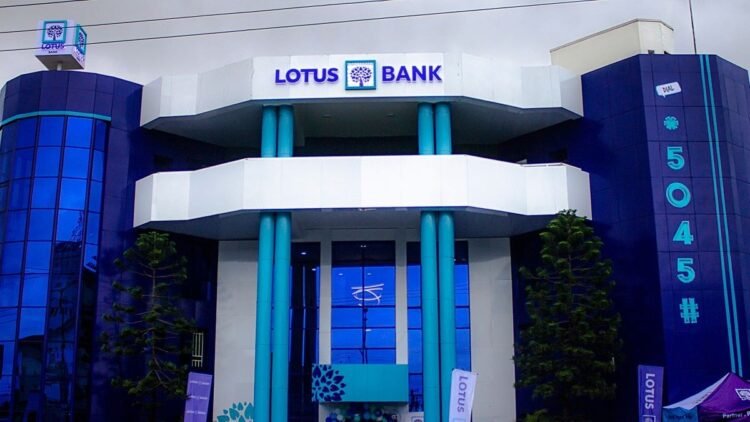Lotus Bank security breach has sparked investor and customer panic as hackers reportedly drained millions from the bank coffers.
NewsOnline Nigeria reports that Lotus Bank, one of Nigeria’s newly established financial institutions, has suffered a major credibility blow after hackers allegedly infiltrated its core banking application and siphoned tens of millions of naira from its vault.
The cyberattack, which reportedly occurred in September 2024, has not only raised fears about the bank’s operational security but also sent shockwaves among investors and customers who had placed trust in the relatively young lender.
ALSO: TAJBank Surpasses CBN’s New Capital Requirement Ahead of 2026 Deadline
Three suspected hackers — Mohammed Abubakar, Isiyaka Hussein, and Musa Mohammed have been arrested by operatives of the Police Special Fraud Unit (PSFU), Ikoyi, Lagos, and arraigned before Justice Friday Ogazi of the Federal High Court, Lagos. They face multiple charges of conspiracy, cybercrime, and money laundering.
According to prosecutors, the suspects compromised Lotus Bank’s core banking system, opened several fraudulent accounts, and diverted funds amounting to ₦60.47 million into accounts belonging to themselves and accomplices.
The scale of the breach, coupled with the fact that the funds were successfully moved without detection, has amplified doubts about Lotus Bank’s internal controls and cybersecurity framework. Market watchers warn that such lapses could erode public confidence in the bank’s ability to safeguard depositor funds.
The development comes at a sensitive time when Nigeria’s banking sector is under pressure to recapitalize and prove resilience in line with the Central Bank’s new requirements. For Lotus Bank, which only recently entered the market positioning itself as a secure and ethical financial institution, the incident has become a major reputational setback.
Industry analysts note that beyond the legal battle, the bigger challenge lies in restoring investor and customer trust, a task that may prove difficult in an already skeptical banking environment.
Justice Ogazi has ordered the remand of the accused at the Nigerian Correctional Service pending their bail application hearing set for October 10, 2025.
For many observers, however, the case has already inflicted significant damage: the image of a rising bank now overshadowed by doubts about security, trust, and long-term sustainability.














